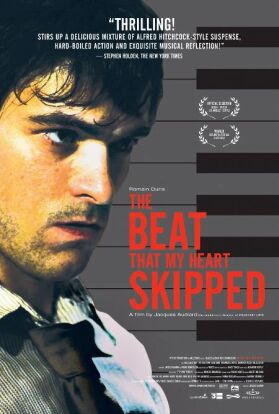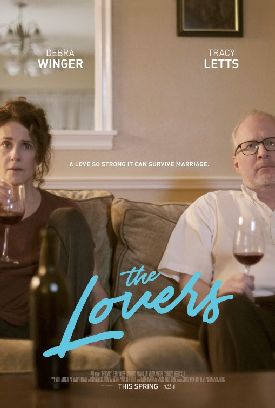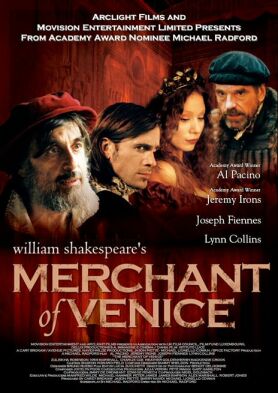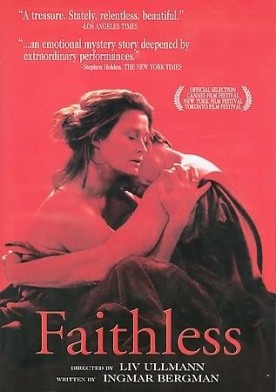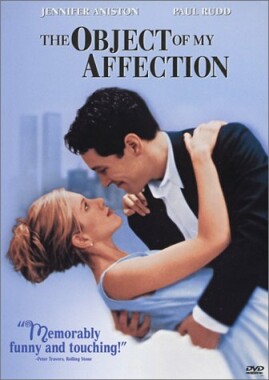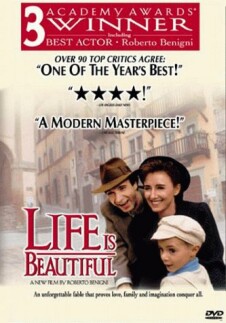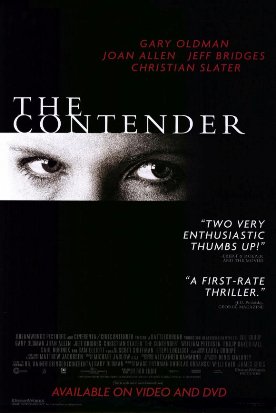Beat That My Heart Skipped, The (De battre mon coeur s’est arrêté)
In his previous film, Read My Lips (Sur Mes Lèvres), of 2001, the director Jacques Audiard presented us with a Sartrean hymn to criminality as the route to personal authenticity and moral and existential purity, so it is not surprising that he should have seen in a remake of James Toback’s Fingers (1978) an opportunity to explore the connection between criminality and art. The original, one of those atmospheric, sub-Scorsesean films of the1970s that seem to have been made with no other end in view than putting their sheltered, middle-class audience in touch with the sordid “reality” of the mean streets, looks badly dated now. A young Harvey Keitel in romantic black with a white scarf, carrying around his boom-box like the chip on his shoulder and listening to classic rock’n’roll on cassettes, can only have become a figure of fun, rather than menace.
The French re-make, The Beat that My Heart Skipped (De battre mon coeur s’est arrêté), is more ambitious, attempting to superimpose upon the material a psychoanalytical rationale in the form of the Freudian idea of sublimation. Like Keitel’s original, its hero, Tom Seyr (Romain Duris), is an aspiring concert pianist, but Audiard makes more of an effort to forge a link between his musicianship and his criminal career. Freudian thinking also comes into it in the form of Tom’s father, Robert (Niels Arestrup), who represents his criminal present while his deceased mother, also a pianist, represents the higher aspiration. The moment of Oedipal acting out comes at the climax of the picture, which masquerades as an epilogue, wherein he must symbolically kill dad if he wants to be with mom.
Well, the thing is nicely put together and splendidly acted by Messrs. Douris and Arestrup, but the rather amusing vitality of Read My Lips is suppressed here by an important political difference. Audiard’s earlier hero was a Saint Genet kind of criminal, but Tom comes from the other side of the ideological tracks. He and his pals, Fabrice (Jonathan Zaccaï) and Sami (Gilles Cohen) are real-estate investors who periodically resort to illegal means, including their fists and baseball bats, to remove legally protected immigrant squatters from Parisian apartment buildings. In other words, they are bourgeois criminals, not the good, working class kind, and so presumably their criminality becomes something for Tom (though not the others) to be redeemed from, not something that is itself redeeming.
That’s where the art comes in. One day by chance Tom meets Mr Fox, formerly the manager of his, Tom’s, late mother’s career as a concert pianist. Mr Fox asks Tom if he himself still plays, and when Tom gives a non-committal answer, casually invites him to come round to the office for an audition some time. Tom has replaced Keitel’s boom-box with more up-to-date but less aggressive headphones, though the only clue as to what he might be listening to is his rock’n’roller’s Chelsea boots. Now, suddenly, he becomes obsessed with the idea of playing the piano, and he hires a Chinese student at the Conservatoire, Miao Lin (Linh Dan Pham), to get him up to concert standard on Bach’s Toccata in E minor. He engages in a sort of dance of sublimation with Miao Lin, to whom he is also sexually attracted. As she speaks no French and he speaks no Chinese, their lessons are conducted without words. Or rather, the words between them become another sort of music, as each is forced to act out a charade of artistic passion as a means of arriving at the real thing.
Tom’s rediscovery of music is also a rediscovery of his mother and perhaps, with the help of Miao Lin, of his feminine side. This naturally involves a corresponding rejection of his father, a shady “investor” like himself but one who is now unable to provide his own muscle and calls on Tom to help him with some debt-collecting. Shades, you might think, not only of Freud but of Sir James Frazer’s The Golden Bough, since the old king now weakened must be killed by his younger and more vigorous replacement if the tribe is to be preserved. But as the tribe is a bourgeois one, Audiard isn’t interested in its preservation.
Just as we know pretty much from the start that the artistic-mother impulse is going to get all the good press at the expense of the aggressive-father impulse, so we know that there can only be one right choice for Tom to make. The film would have been much improved without this creeping moralism — if, that is, we had been given more of a sense of the equality of the forces at work in the hero rather than the superiority of one of them. I hope it’s not giving too much away if I say that the crucial choice for Tom comes as he confronts a Russian gangster (Anton Yakovlev) with vengeance in his heart and a gun in his hand and Miao Lin waiting for him as she is about to give a public recital. No prizes for guessing what he does.
Audiard’s screenwriter, Tonino Benacquista, is quoted in the press materials as saying that they decided to give the film the ending they did because it would have been to “trivialize” it to give it “a leopard-can’t-change-its-spots kind of theme.” But it seems to me that in avoiding that misfortune, they trivialized it by giving it a redemption-by-the-power-of-art theme. One banality drives out another. On the whole, I’d rather have had the former than the latter.
Discover more from James Bowman
Subscribe to get the latest posts to your email.

